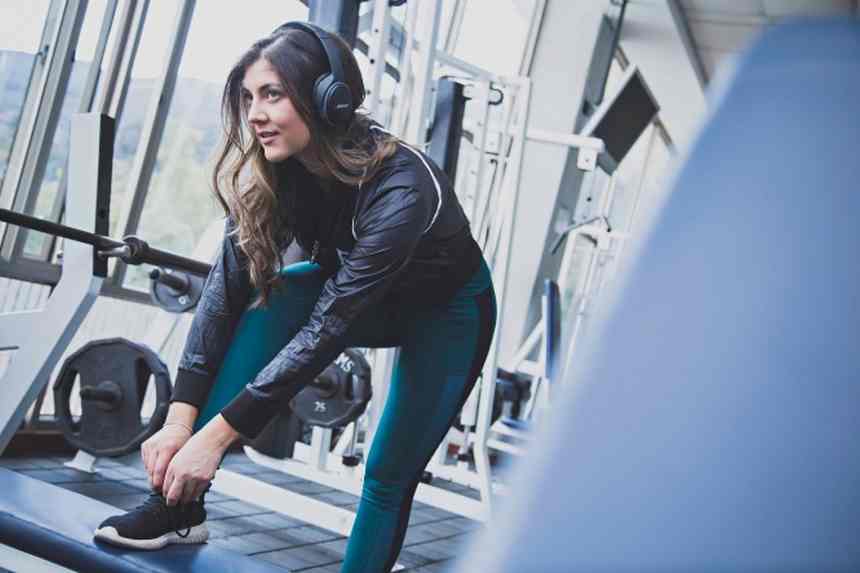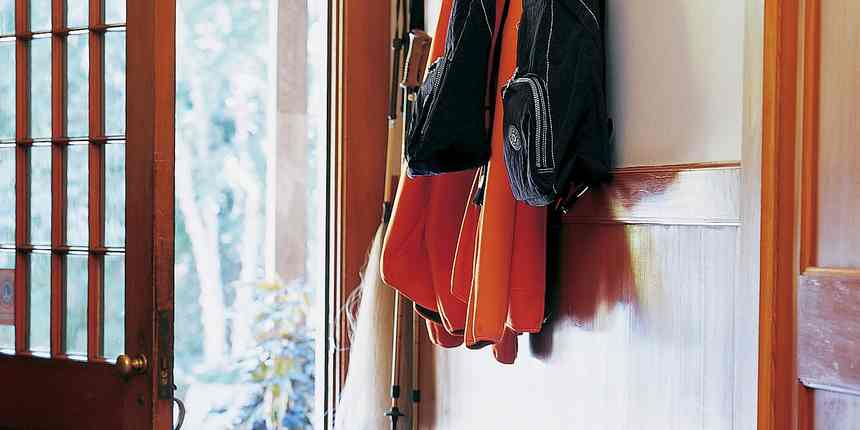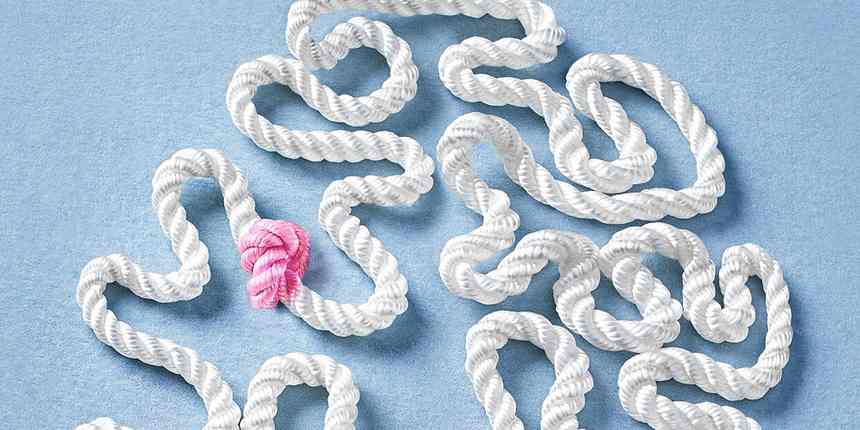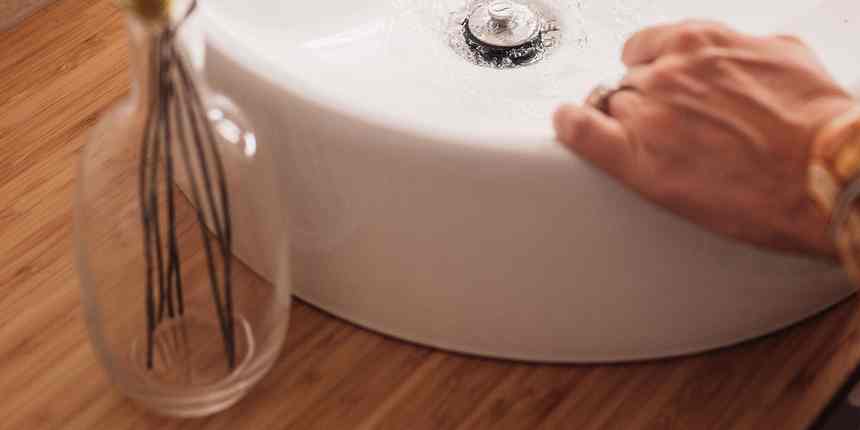For many of us, a night of sleep is entirely hit or miss. There are so many circumstances that affect how you rest-anxiety, caffeine intake, diet, and health conditions, to name a few.
With a number of factors playing a role in your nightly slumber, it's no wonder 68 percent of adults between the ages of 18 and 29 have experienced insomnia, the National Sleep Foundation reports. Compare that figure with the number of adults ages 30 to 64 who have experienced insomnia: 59 percent! In short, adults regularly encounter issues with sleep.
If you count yourself in this category, there's hope for you yet. There's a myriad of expert-approved strategies that you can implement to get your sleep back on track. Below, the pros weigh in.
1. MAKE SURE ROOM TEMPERATURE IS ADEQUATE
Before crawling under the covers, adjust the heat. "Our bedrooms should be conducive to healthy sleep," says certified pediatric sleep consultant Tracy Braunstein of Sleep Tight Solutions. "Dark, cool, and quiet is ideal, and ideal room temperature is between 70-71 degrees."
2. KEEP YOUR SLEEPING QUARTERS MESS-FREE
Yet another reason to maintain a clean bedroom: "Aside from having a cool dark room to sleep in, it is also best to keep your bedroom reserved for sleep and intimacy alone," Braunstein says. "Try to avoid having things like exercise equipment and your home office with your stack of bills in the bedroom." These extra items are potentially distracting.
"If you're stressed about sleep or anything else before you go to bed, walking into a cluttered room is not going to help. You want your bedroom to be a tranquil place for you to relax," CEO of Sleeptastic Solutions integrative adult sleep coach Ronee Welch says. Pick a day to downsize and organize your sleeping chambers. You'll thank yourself later.
[KEEP: These Plants in Your Bedroom to Help You Sleep Better]3. TURN OFF YOUR PHONE
You've likely heard it before — scrolling through social media before catching zzz's is a sure way to spoil a solid night's rest. "You want to be sure that all electronic devices are shut off at least 30 minutes before you go to bed," Welch says. "The blue light emitted from these items prohibits the production of melatonin, which is the body's natural sleep hormone. Without melatonin we don't feel sleepy, so it's important that we use this hormone to our advantage." Believe it or not, you can manipulate melatonin to your benefit.
"Light plays an important role in our wake and sleep patterns," founder of The Sugar Plum Sleep Company and sleep coach Rebecca Earl agrees. "Both natural and artificial sources of light before bed can interfere with your body's ability to initiate sleep." If you must use your phone in bed, enable the yellow light function.
4. BLOCK OUT EXTERNAL NOISE
The goal is to maintain an unobtrusive atmosphere to pave the way for proper rest. "Incorporate a fan to circulate air and block out environmental noises. If you have a noisy bed partner, consider going to bed shortly before they do to let you fall asleep before their snoring interferes with your sleep," Earl says. If your surroundings are particularly raucous, you may want to think about wearing foam earplugs.
"Introducing a white noise machine or sound spa to your bedroom can be relaxing and also help drown out any external sounds like a busy street, loud birds, or noisy neighbors," founder of Good Night Sleep Site and sleep expert Alanna McGinn says. A good sound machine doesn't have to be expensive — it's worth shelling out 20 or 30 bucks for healthier shuteye.
[LEARN: Why Lack of Sleep Could Increase Your Risk for Getting Diabetes]5. MAINTAIN A CONSISTENT BEDTIME
Across the board, the experts agree on the value of establishing a regular sleep time. "A consistent bedtime-as well as your morning wakeup time-will help to regulate your body's rhythm," Earl says. "If your bedtime varies considerably from one day to the next, it makes it more difficult to settle." A specific nighttime routine will help you wind down and prep your body for slumber.
"It's important to go to bed and wake up in the mornings around the same time to keep your body clock in synch. This can be a tough step for some," McGinn echoes. "When we synch our sleep with our natural sleep rhythms and internal 24-hour biological clock, we are able to achieve the best restorative sleep possible, and going to bed and waking up become easier."
6. FIND WAYS TO LOOSEN UP
Braunstein suggests a hot bath or light reading with the lamp on to chill out and recuperate before drifting off to la-la land. You can even journal or write a to-do list to ease anxiety and lower stress levels: "For many Type A people, being able to ‘shut off your brain' before bed can be extremely difficult. Making a to-do list can help lessen your mental load," Welch says. "Instead of lying in bed worrying about the next day's tasks, or wondering if you'll remember to do a specific chore in the morning, just write it down." Welch suggests keeping a notepad or planner on your nightstand, so you have it handy when worry creeps in.
[GET ENERGIZED: 9 Common Energy-Zappers and How to Overcome Them]7. WATCH WHAT YOU CONSUME, AND WHEN
It's not just a myth: Certain foods make you sleepier. Conversely, some foods will keep you awake longer. "Knowing which foods are conducive to sleep is important-just as important as knowing which foods to avoid before bed," Welch says. "Eating large, heavy meals or snacks packed with protein or a lot of sugar is not the best choice."
What you drink alters your sleep patterns, too. If you can help it, stay away from wine as you near bedtime. "Although it initially relaxes us and helps us fall asleep more quickly, alcohol before bed will disrupt your REM sleep and the overall quality of your night's sleep," Braunstein says.
Finally, McGinn recommends steering clear of caffeine, since it acts as a stimulant and will keep you alert.
8. EXERCISE HABITUALLY
There are countless reasons to work out, and good sleep is a big one. "Exercise doesn't have to be boring, monotonous or take place in a gym-though it certainly can," Welch says. "Be creative and be active! The more exercise you can get during the day, the better you will sleep at night."
Welch suggests, however, you avoid hitting the elliptical just before turning in. Instead, exercise at least three hours prior.
9. GIVE MEDITATION A SHOT
If you're feeling particularly tense, consider meditation to power down. "Guided meditation, body scans and breathing exercises can help to reduce anxiety prior to falling asleep," Earl says. Though it may sound intimidating, lots of regular folk rely on meditation to keep their stress in check.
"Meditation and mindful breathing can help quiet the mind at bedtime, making it easier to fall asleep," McGinn agrees. To start, pick a guided meditation video from The Honest Guys, Michael Sealey or Linda Hall on YouTube, which will help you nod off quicker than you can say "goodnight."
[TRY: This Japanese Method Of Self-Care (We're Obsessed!)]10. DON'T TRY SO HARD
Insomnia takes hold of the best of us. The funny (or not so funny) thing about it is the more you dwell, the worse it gets. "Sometimes it takes time to teach our bodies to fall asleep and lying there staring at the clock is just going to make you more anxious," McGinn says. "It's best to get out of bed if you can't sleep, and go into another room to do a quiet and restful activity like reading a book or drinking a warm glass of milk until you feel sleepy enough to head back to bed."
Don't put up a hard fight or overly concern yourself with falling asleep-just focus on total relaxation, and the rest will come easy.








